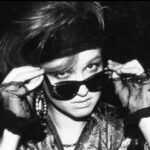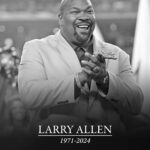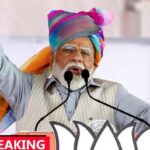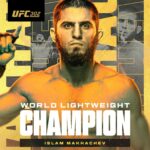Donald Trump tried to illegally influence the 2016 Presidential election by preventing the damaging stories about his personal life from becoming public, a prosecutor told jurors on April 22 at the start of the former President’s historic hush money trial.
“This was a planned, coordinated, long-running conspiracy to fully influence the 2016 election — to help Donald Trump get elected through such illegal expenditures to silence people who had something bad to say about his personal behaviour, using doctored corporate records and bank forms to conceal those payments along the way,” prosecutor Matthew Colangelo said. “It was election fraud, pure and simple.”
A defence lawyer countered by telling the case as baseless and attacking the integrity of the onetime Trump confidant who’s now the government’s star witness.
“President Trump is innocent. President Trump did not commit any crimes. The Manhattan district attorney’s office should never have brought this case,” attorney Todd Blanche said.
The opening statements offered by the 12-person jury — and the voting public — radically divergent roadmaps for a case is that will unfold against the backdrop of a closely contested White House race in which Mr. Trump is not only the presumptive Republican nominee but also a criminal defendant facing the prospect of a felony conviction and prison.
It is the first criminal trial of the former American President and the first of four prosecutions of Mr. Trump to reach a jury. Defining that history, prosecutors sought from the outset to elevate the gravity of the case, which they said was chiefly about election interference as reflected by the hush money payments to a porn actor who said she had a sexual encounter with Mr. Trump.
The trial, which could last up only two months, will require Mr. Trump to spend all his days in a courtroom rather than on the campaign trail, a reality he complained about Monday when he lamented to reporters after leaving the courtroom: “I’m the leading candidate … and this is what they’re trying to take me off the trail for. Checks being paid to a lawyer.”






